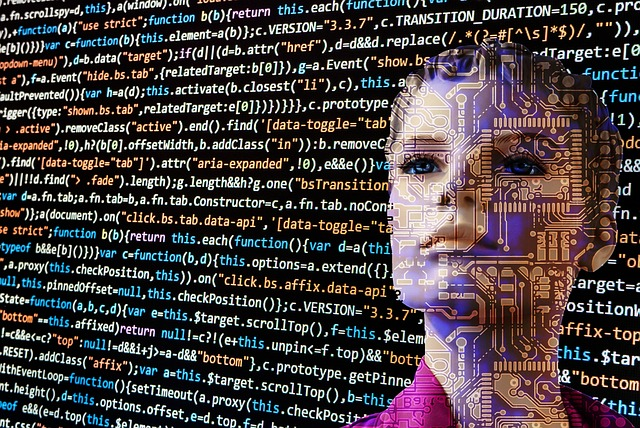
In 2023, I'm testing the limits of human creativity and artificial intelligence in my content marketing for Ridiculously Efficient. This includes using creative AI interfaces and natural language processing tools to help me create content as efficiently as possible.
These AI systems -- some of which were released in just the last month -- give us scalable tools to launch ideas. I see the possibility for us to create an entirely new way of working that's collaborative, iterative, and asynchronous. Talk about efficiency!
Content Marketing with Human Writers vs Artificial Intelligence Generators
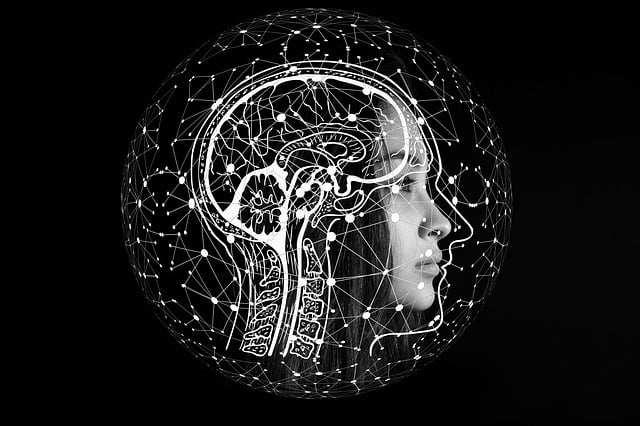
Quick background: the first part of my career was a freelance writer, ghostwriter, and editor. I've published over 15,000 articles in my career, and edited over 250,000 articles written by others. So I have a deep appreciation for what it takes for the human brain to write and edit at scale.
With that context, artificial intelligence gives us the chance to solve a few challenges and limitations that I've always grimaced through, both as a writer-for-hire and as a client hiring a writer:
- No matter what you pay for your human writer, their work still needs to be edited every time. Sometimes, it needs to be entirely rewritten before it's ready for publication.
- No matter how much effort you put into crafting an article brief for a freelance writer, it may be difficult to know exactly what needs to go into the piece until after you have the first draft in hand. And since each human brain thinks, learns, and interprets information differently, your copywriter won't always nail the voice or nuance of your brand even after several articles.
- When you do get drafts from freelance writers, they likely won't be as in-depth or specific as an article written by a human expert in your niche. The time spent editing the article back and forth to add value means it could take days or weeks before you have something usable if you're not using creative AI language models.
- Effective content marketing is a multiplier, but the sunk costs of trying to massage subpar drafts into something worth salvaging can be colossal.
In theory, artificial intelligence content generators like ChatGPT, Jasper.ai, and Copy.ai would crush human writers because of their sheer efficiency and speed. In practice, I think human writers will still have an advantage in the foreseeable future, but those who partner with creative AI to perform tasks will be able to generate outsized returns compared to their peers who don't pair with machine learning.
Machine learning systems like the AI algorithms I'm about to share don't spend minutes obsessing over the perfect word like we do. They generate the highest-quality human language responses to a query based on its training data. Human feedback on each query helps the AI learn and improve over time.
That means that with the right prompts, the quality of marketing content you get from creative AI can be serviceable as a first draft, but most of it isn't very personalized or conversational yet. There's still plenty of room for improvement.
Yet the sheer efficiency of AI content generators and AI research tools makes them worth trying, simply to see if your content marketing workflows can benefit.
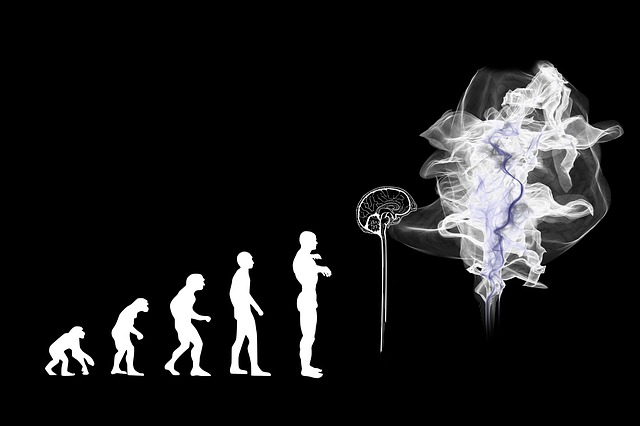
Creative AI Content Case Study
Over the holiday break, I tested the ChatGPT interface and similar artificial intelligence tools during my son's naptime windows.
In just 38 minutes of back-and-forth conversation, I generated frameworks, outlines, and new ideas for content that would have taken hours or days. Including usable drafts of:
- the top problems and challenges my target market is facing
- the market size of each problem/challenge
- a solid, usable book title and subtitle
- chapter outline and summaries
- 2 pages of draft content for each chapter
- an influencer shortlist based on my audience
- an affinity podcast shortlist based on my audience
- a sample outreach email for the podcast plugging my background and the value proposition in my book
- keyword lists to incorporate into my content strategy
And all this from my iOS browser in an iterative, informal process that felt like human conversation. That's the power of artificial intelligence paired with human intelligence.
Even though I was just working in short bursts, I was able to apply strategic thinking and develop my business' content marketing strategy in ways that I would have never had the time for otherwise.
While the creative AI was generating an article, I was freed up to focus on problem solving in other areas of the business. In many cases, I just got up and walked away, knowing my draft would be ready for me to edit and publish when I returned to my desk.
My hypothesis is that using creative AI will help me publish more content more frequently without adding more time to my workweek.
I think the biggest place artificial intelligence will save me time is by simplifying my process and accelerating research that I would have delegated to virtual assistants.
Long-term, AI algorithms are key to helping me optimize my online content and put my ideas out there in a bigger, faster, easier way.
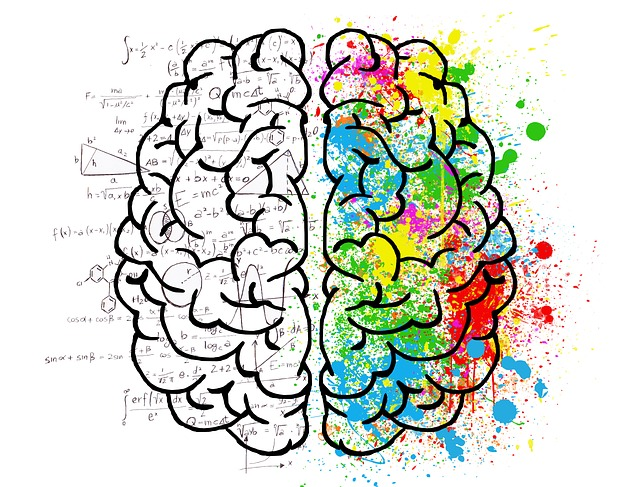
Creative AI Tools I'm Testing for Business Content Marketing
I'm currently testing a number of creative AI tools that can be used in the content marketing process. Here's how each one works and what I'm using them for in January 2023:
Copy.ai
Copy.ai creates blog posts based on talking points and headlines - including this post! It also generates emails, landing page copy, and other copywriting tasks.
BeyondWords
BeyondWords is an AI program that adds synthetic audio to all my written posts without human intervention so that they can be shared as podcasts.
This is huge on its own: the human mind learns differently, and offering different learning modalities is key. I'm hopeful this tool also makes my content more accessible to readers with visual impairments.
Jasper.ai
Jasper.ai is an all-purpose creative AI system is focused on marketing, and I find it's a bit more surface-level than Copy.ai but still valuable in my everyday tests.
I'm using it most frequently to reword blog posts for Twitter threads using Hypefury and other social media platforms. I'm also using the SurferSEO integration to enhance my artificial intelligence writing for maximum SEO benefit. (If it's not going to win a journalism award, might as well increase organic traffic.)
ChatGPT (OpenAI)
ChatGPT is an universal artificial intelligence tool that helps me build ideas, draft emails, create outlines, and other ideas that I want to develop before bringing them into other creative AI tools.
It's a terrific place to get started if you're curious to see the latest in conversational machine learning and how it all works.
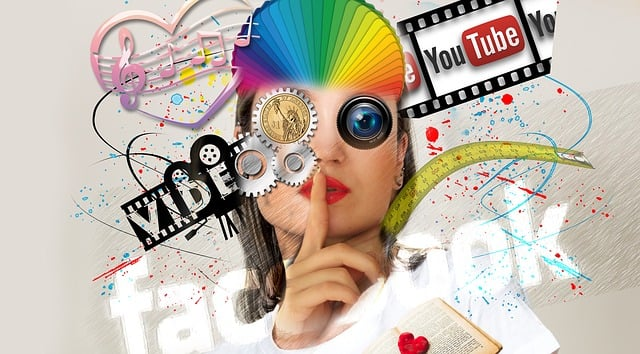
Can ChatGPT and Similar AI Systems Save Humans Time in the Creative Process?
With ChatGPT and artificial intelligence tools built on GPT-3, you can save time by using them to process data, generate drafts, build on ideas, explore possibilities, and conduct background research.
This will help you brainstorm faster and work through complex strategic problems. But it's still up to you to fact-check and edit any content written by artificial intelligence before it goes live.
AI technologies aren't yet a replacement for human writers. Consider artificial intelligence an assistant that helps us do our jobs better. As deep learning systems become more powerful (and cheaper), they will become infinitely more useful in all kinds of creative scenarios—including those where we want them to take over completely and run workflows without human intervention.
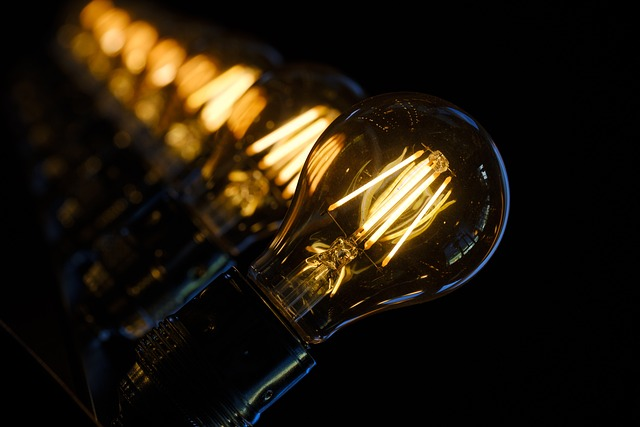

Bonus Benefits for Work-Life Balance
As a mom working on my own work-life alignment, I've already experienced several benefits of experimenting with creative AI:
- Saving time on finishing content. All you need is the basic idea and a sense of talking points to complete a draft, and artificial intelligence can fill out the rest.
- Saving money on ghostwriters, content writers, and SEO agencies. Now even your scrap notes have value because AI algorithms can turn them into content experiments.
- Saving energy by using the "rewrite" prompts to remix or repurpose old and new content with different headlines, angles, lengths, and so on. This allows you to experiment with different versions of each article without having to spend time generating new ideas from scratch (especially good if you're working in bursts between other things).
- Boosting creativity because you're able to develop ideas and complete articles at the pace of your own ideation and brainstorming process, compared to waiting around until you have focused time to write. This can also boost productivity, because done is better than perfect when it comes to experimentation.

Conclusion
I love the idea of automating my content marketing. As a mom and creative entrepreneur, I'm well aware of how it can be difficult to find time for all the things you need to do in the real world.
I'll be launching a series of experiments this month to test the real possibilities of partnering with creative AI.
My intent is to explore how effectively ChatGPT can accelerate my work, meaningfully save me time, and the approximate ROI of adopting creative AI tools compared to investing in individual human experts.
My goal is to optimize my work-life alignment so that I feel my time and energy is genuinely used excellently, both personally and professionally. I've not yet achieved this as a mom, and I think it's the most interesting challenge I could take on right now.
Be sure to subscribe to the site so you don't miss an update!



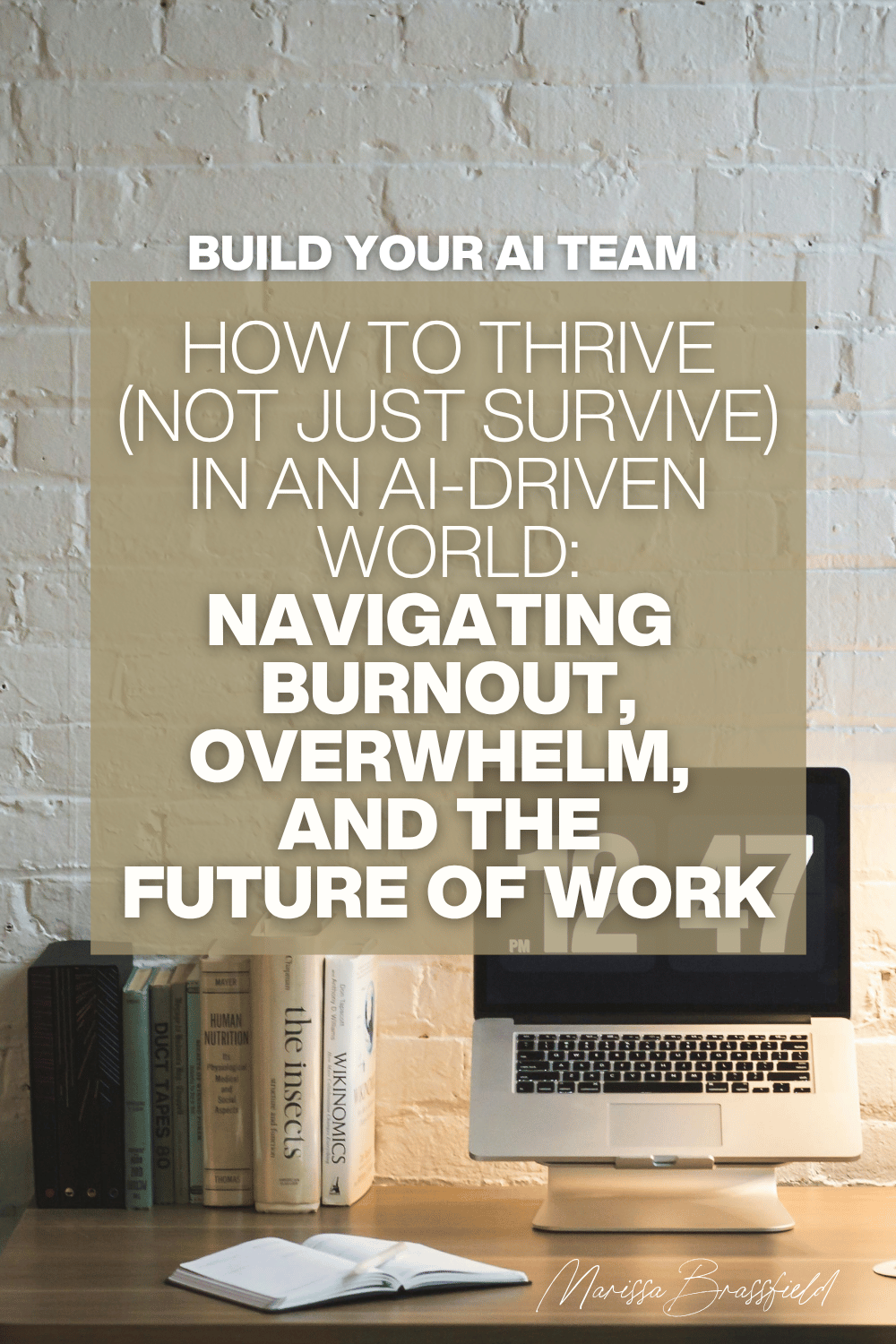
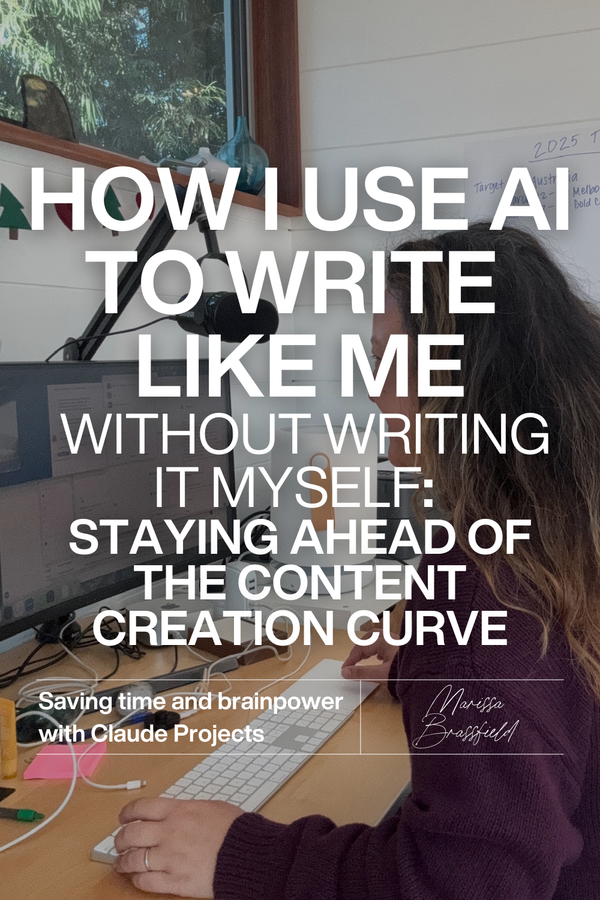

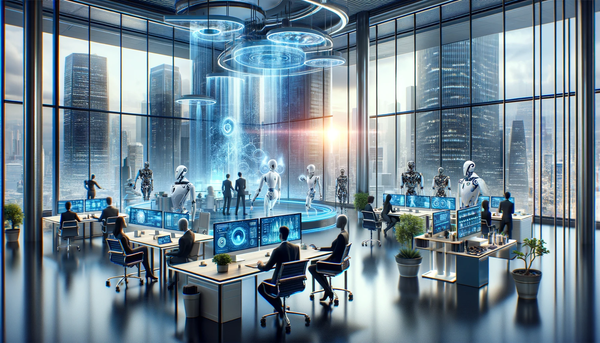


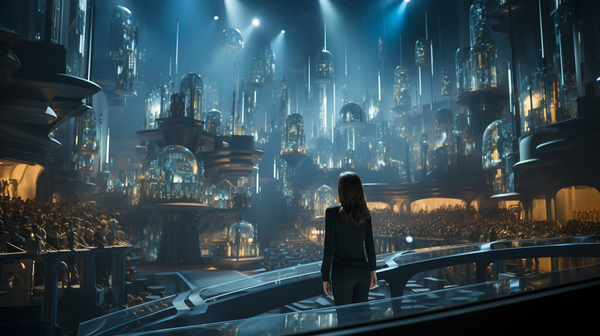
Member discussion